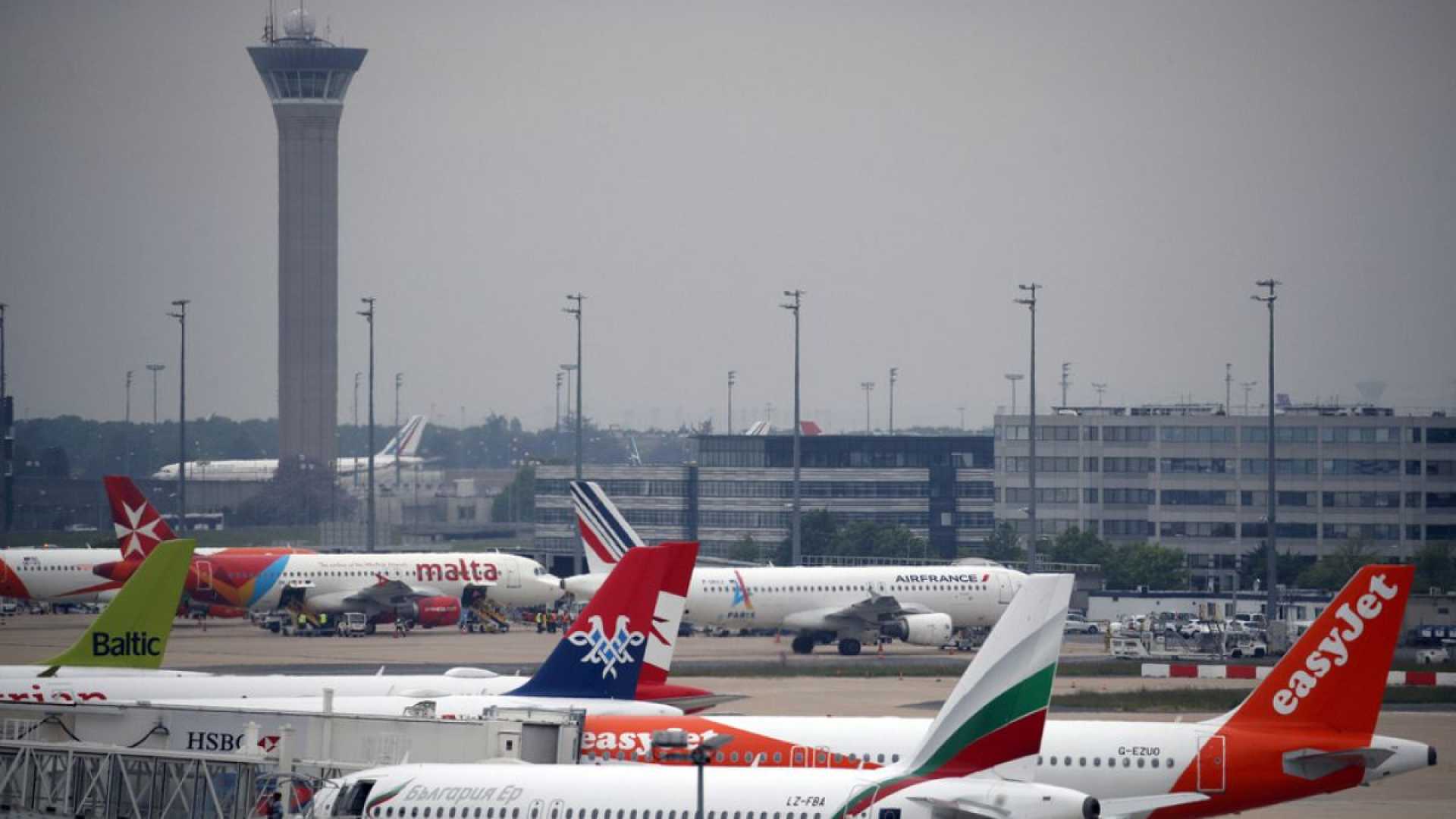Politics
EU Energy Taxation Reform Stalled by Hungary’s Proposal to Delay Aviation Fuel Tax

The ongoing debate about energy taxation in the European Union has taken a significant turn following a leaked proposal from Hungary. The document reveals that Hungary seeks to postpone the implementation of a minimum tax on aviation fuel until 2049.
This proposal arises amid efforts to reform the 2003 Energy Taxation Directive, which the European Commission initially proposed three years ago as part of a broader initiative aimed at reducing CO2 emissions by 55% by 2030.
The absence of taxes on aviation and maritime fuels has drawn criticism, especially as ground transportation fuels like diesel and petrol face substantial taxation. Environmentalists express outrage at Hungary’s suggestion, arguing it undermines the purpose of the EU’s climate policy targets.
Jo Dardenne, a leading campaigner for the NGO Transport & Environment, described the delayed tax proposal as absurd, stating it contradicts the goals of the Green Deal, which aims to establish a pricing mechanism for polluting fuels.
Conversely, the European aviation sector, represented by Airlines For Europe (A4E), argues that airlines already contribute significantly under the EU emissions trading system. They contend that an aviation fuel tax could hinder the competitiveness of European airlines.
Historically, several EU nations, including Belgium and Sweden, have supported taxing airline fuel. However, progress has been hampered by the requirement for unanimous agreement among the EU’s 27 member states.
The situation remains complicated, as discussions on Hungary’s compromise proposal are set to take place behind closed doors in Brussels on September 16.












